BRIDGTON — For nearly a decade, Justin McIver has specialized in building higher-end vacation or single-family homes with mountain or lake views.
But the more he talked to those in their retirement years, the more McIver was convinced of a gaping hole in Maine’s real estate market for older, environmentally conscious people who want to simplify their lives but on a budget.
On Friday, McIver stood in the “clubhouse” of his latest venture – a planned 60-house development of smaller cottage-style homes on 29 acres in Maine’s Sebago Lake region offering what his company, Main Eco Homes, describes as “energy efficient living for active adults.” The largest of the eight homes already built or under construction measures just 640 square feet – or 16 feet wide by 40 feet long – and will cost homeowners just $400 a year to heat, cool and keep the lights on thanks to optional solar panels on the roof, according to McIver.
“This is downsizing in style,” he said.
The Cottages at Willett Brook, as the new development in Bridgton is known, is just the latest community in Maine targeting the 55-plus crowd. But McIver is also seeking to tap into the growing demands for both “sustainable living” and affordable housing by building small energy-efficient houses that start just below $130,000 for the roughly 600-square-foot model home. A larger home measuring just shy of 900 square feet starts at roughly $165,000. Optional upgrades – such as solar panels on any house or a basement or attached garage in the large models – increase the price. (Without the solar upgrade, electricity costs are projected at $1,200 a year.)
The single-story houses have a linear floor layout featuring a master bedroom, a second bedroom/flexible room, a combined living/dining room, a simple but modern kitchen plus bathroom, closets and a laundry closet. Buyers can add a screened-in porch and have the option of renting an enclosed garage and storage space in separate buildings located within the “hub” of 10 houses.
McIver noted that this is not a “tiny house,” an emerging trend around the country where people choose to live in modern homes measuring roughly 250 square feet or less. But it does allow retirees, widows, widowers or others to downsize while owning their own home in a community where lawn maintenance, snow shoveling and other tasks are handled by the centralized homeowners association (at $115 a month).
“This is a concept where less is more,” said McIver, who moved back to his native Bridgton and started his business after graduating from college in 2005. “People are tired of maintaining their larger inefficient homes. And people are tired of spending a lot of money to heat their homes in the winter and still being cold.”
Nationally, demand for “green” retirement communities is outstripping supply, according to a recent New York Times article. While such communities are still relatively uncommon, that is expected to change as environmentally conscious baby boomers retire.
“Moving forward, in the next 20 years, these green communities will become the standard,” Andrew Carle, director of the senior housing administration program at George Mason University in Virginia, told The New York Times.
Maine’s demographics also work in McIver’s favor. U.S. Census Bureau statistics show that Maine is the oldest state in the nation demographically speaking, with a median age of 44 years compared to 37.5 years nationally. Maine also has ranked at or near the top nationally in terms of the number of second homes.
The idea appears to be resonating with some would-be homebuyers in Maine. Two of the first eight homes at The Cottages at Willett Brook – spread like a fan around a central green or garden space – are already occupied and McIver said he is fielding interest in the other six that are under construction.
McIver said the next “pod” of homes will be the larger models measuring roughly 900 square feet, but he said the pace of construction will depend on the level of interest.
“It’s blown me away, the amount of interest in these,” McIver said while standing outside of one nearly completed home. “Everybody says, ‘It’s such a good concept.'”
Moments later, Marcia Hahn and her husband, Fred, approached the house after doing a slow drive-by of the mini-subdivision. The couple, now living in Topsham, drove down to Bridgton after seeing an advertisement for The Cottages at Willett Brook. They toured the model home, located about a mile away on busy Route 302, and then drove over to the development to have a look.
“It’s a nice concept,” Marcia Hahn said, generating a knowing smile from McIver.
McIver is betting that the community’s location in the Lakes Region between Portland and the White Mountains – as well as its close proximity to the supermarket, hospital and other amenities less than a mile away in Bridgton – will appeal to older active couples as well as individuals now living alone after the death of their spouse. He believes the lower energy costs will appeal to those on fixed incomes. And then there are the peace-of-mind benefits of downsizing – or, as McIver put it, to “de-clutterize.”
“It’s a commitment,” he said. “You have to get rid of stuff, but it is therapeutic.”
Send questions/comments to the editors.


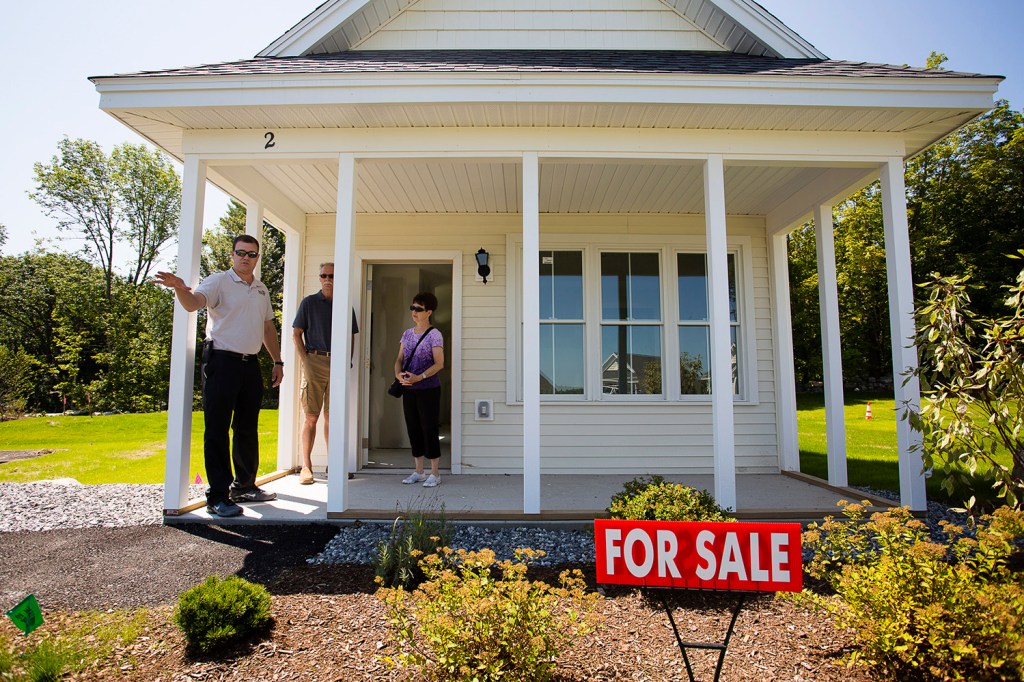
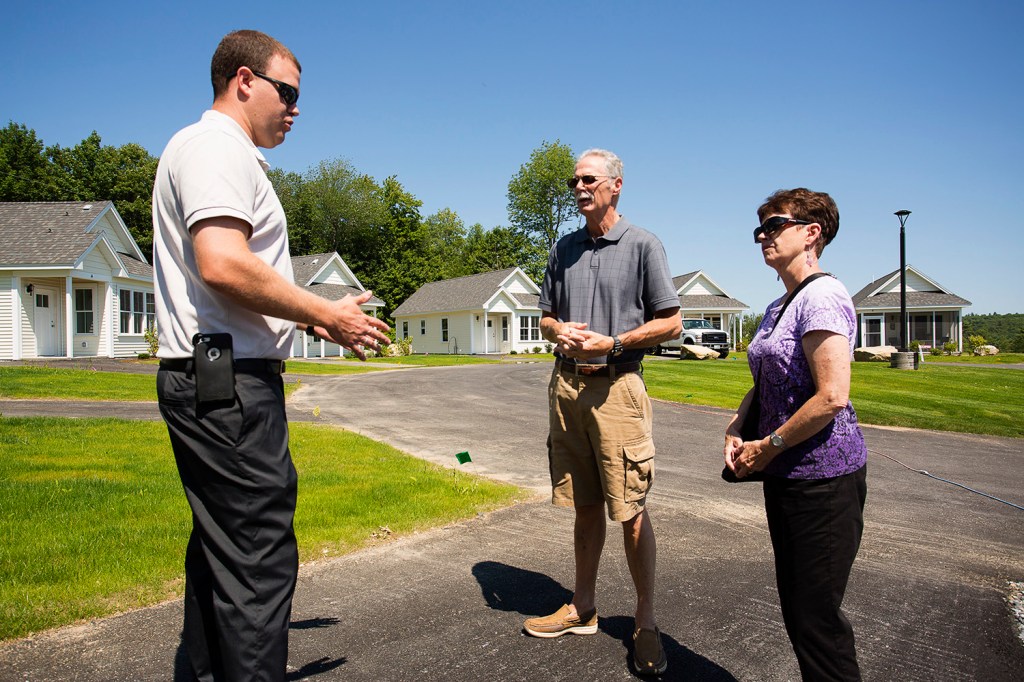
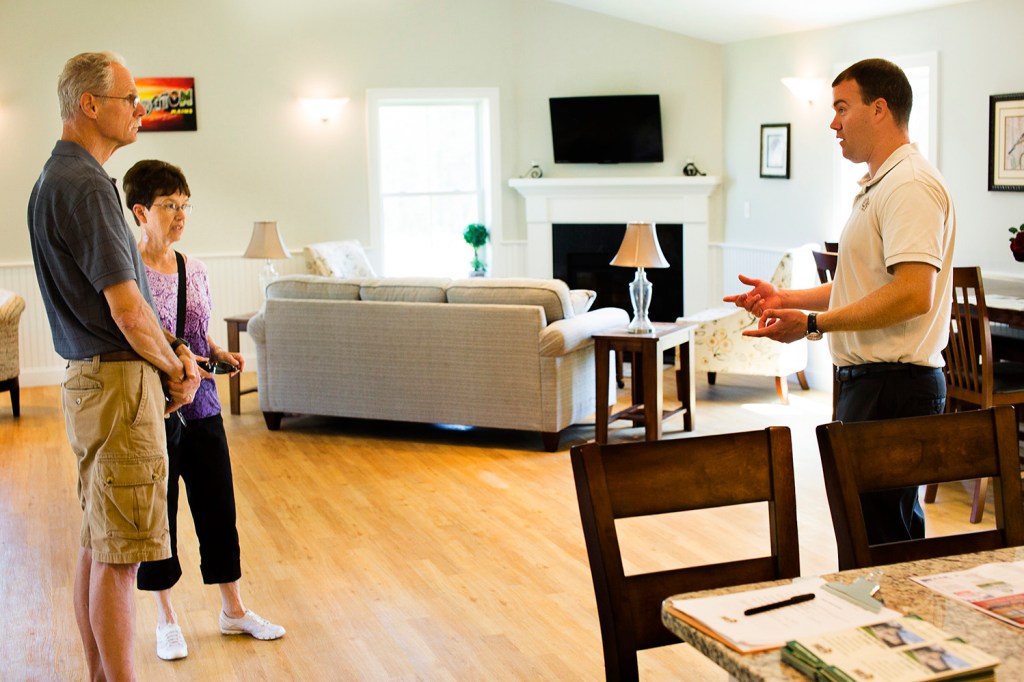
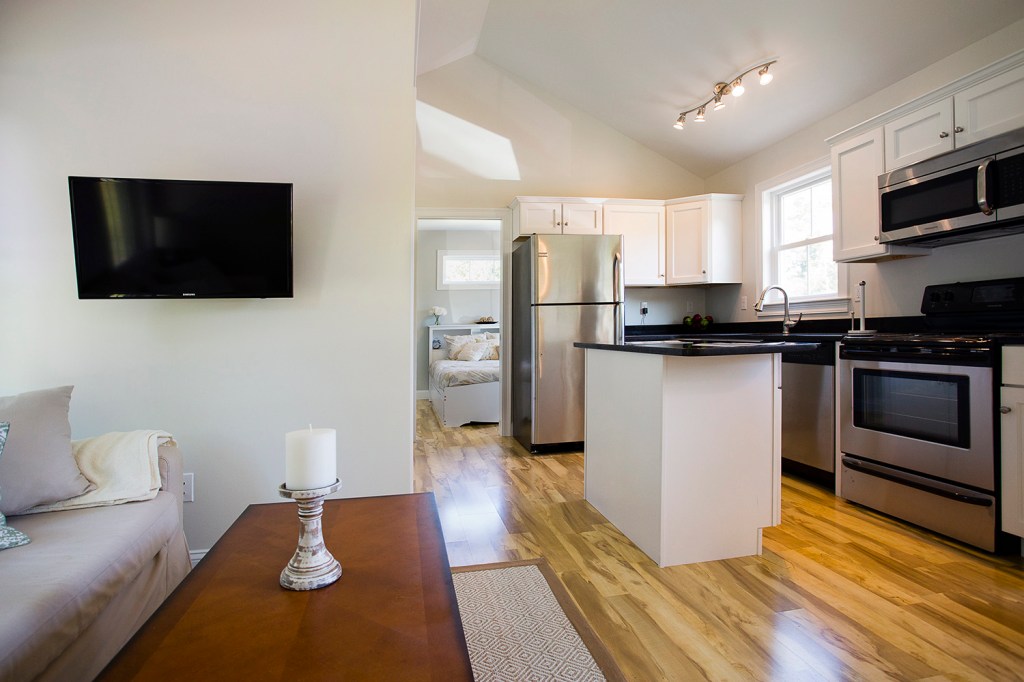
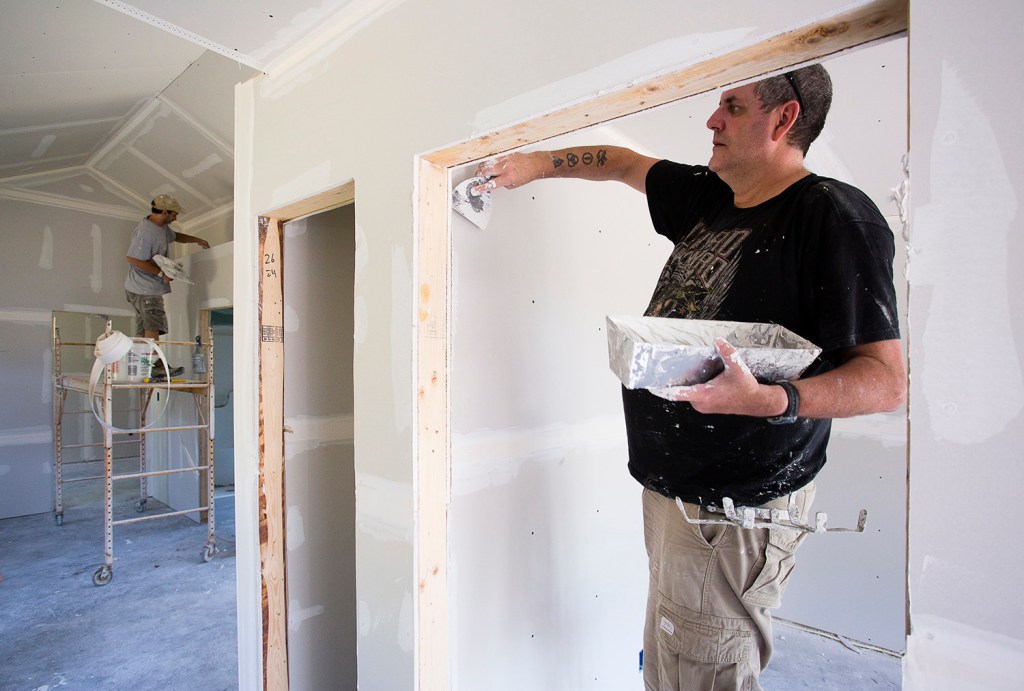
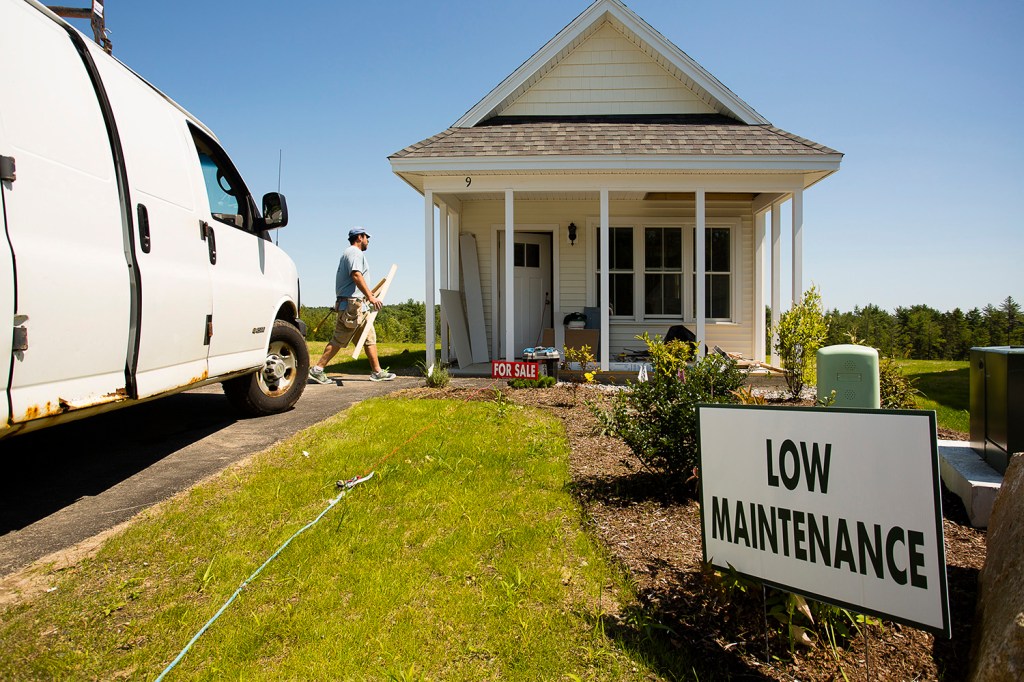

Success. Please wait for the page to reload. If the page does not reload within 5 seconds, please refresh the page.
Enter your email and password to access comments.
Hi, to comment on stories you must . This profile is in addition to your subscription and website login.
Already have a commenting profile? .
Invalid username/password.
Please check your email to confirm and complete your registration.
Only subscribers are eligible to post comments. Please subscribe or login first for digital access. Here’s why.
Use the form below to reset your password. When you've submitted your account email, we will send an email with a reset code.